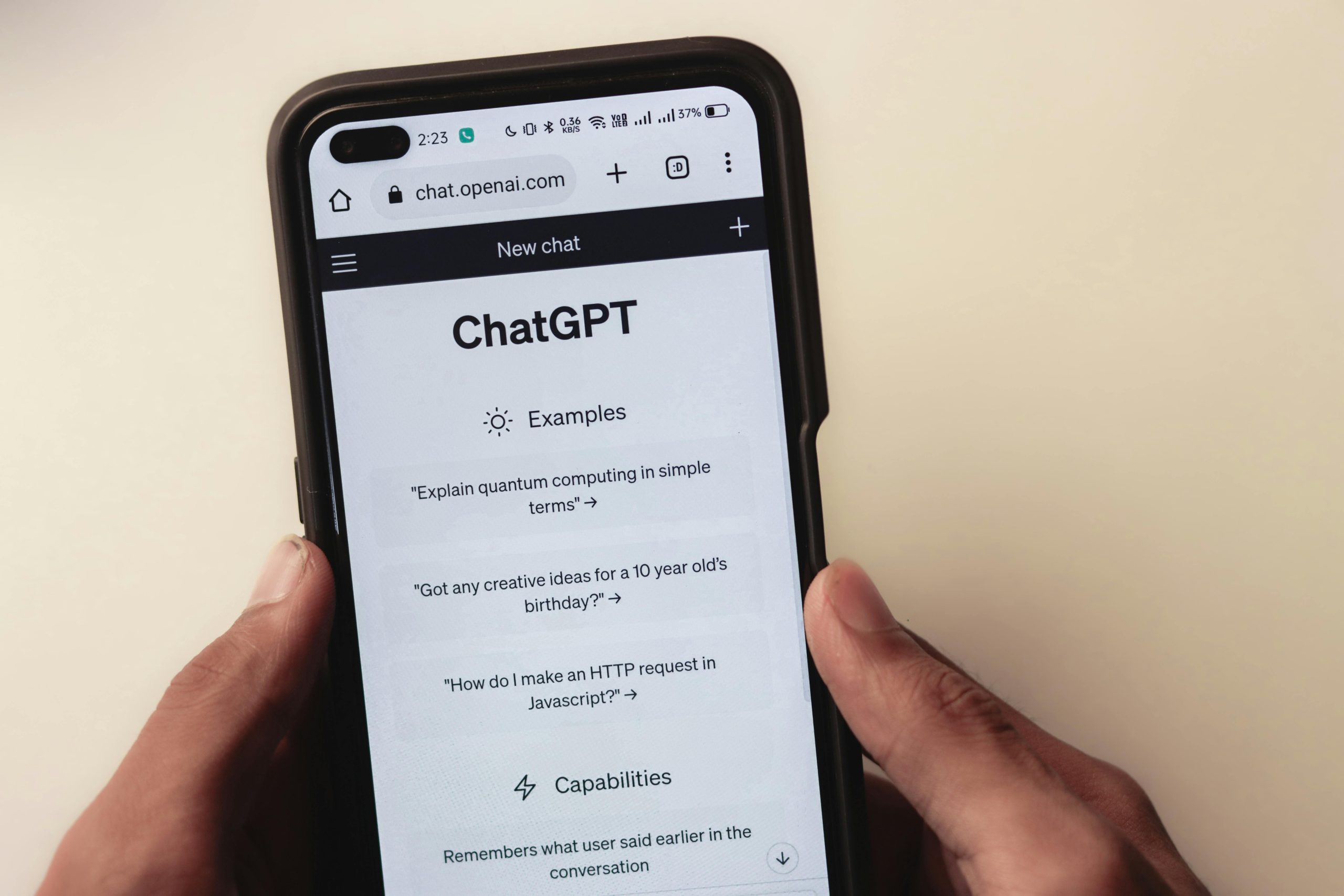Understanding Tax Implications When Receiving a Large One-Off Payment in the UK: A Guide for Individuals
Receiving a significant sum of money for a one-off job can be a milestone, but it also raises important questions about tax obligations, especially if you do not operate a registered business. If you’ve recently been paid £13,000 into your personal bank account for work done for a large company, it’s essential to understand how this income fits into your tax responsibilities and ensure you remain compliant with UK tax laws.
Is the Payment Considered Income?
In the UK, payments received for work performed—whether freelance, contractual, or casual—are generally considered taxable income. Since you mentioned that this was a one-off job and you do not own a registered business, the payment would typically be viewed as income received personally, rather than as earnings of a business entity.
Taxation of the £13,000 Payment
Given these circumstances, the amount you received is likely to be subject to Income Tax. The key considerations include:
-
Personal Allowance: The UK offers a tax-free Personal Allowance (£12,570 for the 2023/24 tax year). If your total income for the year—including this payment—does not exceed this amount, you may not owe any tax.
-
Additional Income: Since your annual salary is approximately £33,000, adding this £13,000 brings your total income to around £46,000. This surpasses the Personal Allowance, meaning you will likely owe tax on the additional income.
How Much Tax Should You Set Aside?
To avoid surprises, it’s advisable to set aside a portion of the received amount for tax purposes. A common approach is:
- Estimate your income tax liability based on your total income, which in this case includes your salary plus the additional payment.
- Calculate the applicable tax bands. For the 2023/24 tax year, the basic rate (20%) applies up to £50,270 of taxable income. Since your total exceeds this threshold with the addition of the £13,000, part of it will be taxed at the higher or additional rates.
- Set aside approximately 20-40% of the gross payment. For a £13,000 receipt, setting aside around £2,600 to £5,200 would provide a buffer for income tax liabilities, though individual circumstances may vary.









